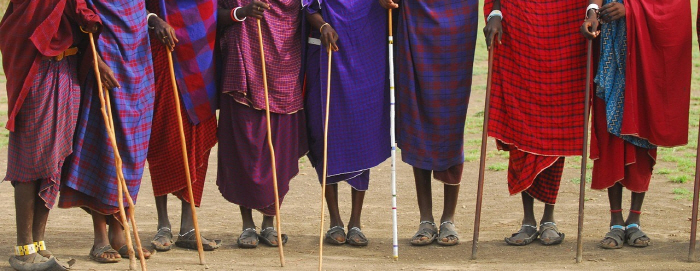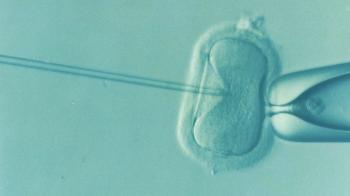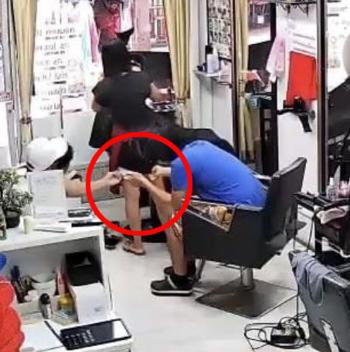39 Boys Killed At South African Tribe Coming-of-Age Ceremony...More than 360 people have died in five years
Aug 01, 2025
|
According to foreign media such as Time magazine and the New York Post, the summer ritual of the Cosa, a traditional coming-of-age ceremony for the South African tribe, recently ended amid controversy.
Ulwaluko is an adult ceremony involving boys in their late teens, a ceremony aimed at enduring physical and mental pain and being recognized as a responsible and spiritually pure adult male within the community. In this process, the boys live in isolation for a certain period of time in a remote area and are circumcised in the traditional way.
However, the ceremony causes numerous deaths and injuries every year, causing social controversy, foreign media pointed out.
In particular, unqualified operators use unsanitary tools to circumcise, causing complications such as infection, dehydration, gangrene, and sepsis.
Last year, unsanitary spears and razor blades were repeatedly used, killing 93 boys and forcing 11 to undergo amputations. A total of 361 boys have died during Ulwaluko rituals over the past five years.
Although the death toll fell this year due to government intervention and stricter regulations, 39 boys were still reportedly killed and dozens injured.
Government authorities must immediately stop violating the law and threatening lives"A safe, dignified and respected coming-of-age ceremony should be guaranteed to young people and their families."," he stressed.
Private organizations must also use the skills of qualified healthcare professionals while protecting the tradition"You should avoid focusing only on physical and mental suffering" he also made an argument.
Earlier, former health minister Zweli Mkhize suggested not implementing Ulwaluko during the summer season, saying summer rituals increase the risk of dehydration and infection.
A young man who said he played Ulwaluko "I was scared, but I wanted to be recognized by the elders of the village"It was painful and I got sick, but I was treated and survived."
Also "I had to because many boys in my community had this ritual. I wanted to be a manThere was also a testimony from the participants that ""
While this tradition symbolizes community identity and cultural heritage, there are growing calls for improvement in a way that removes life-threatening elements and harmonizes with modern medical standards.
This article was translated by Naver AI translator.














